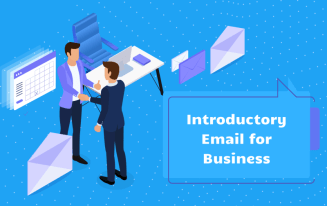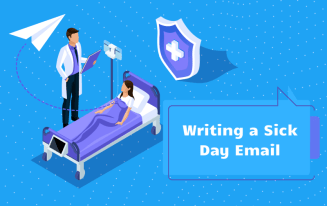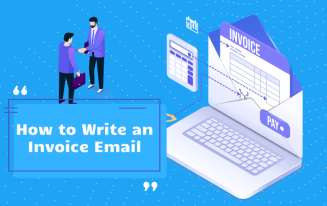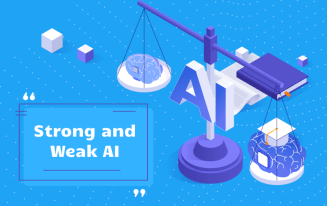How to write a follow up email for an interview
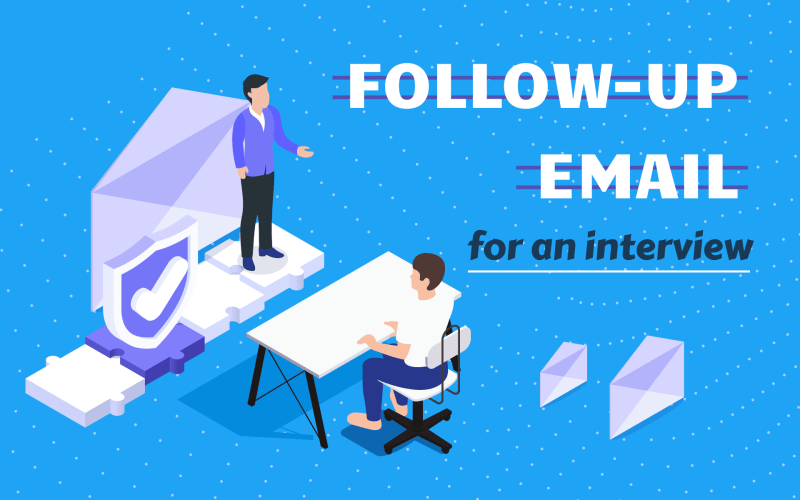
It may seem a little old-fashioned, but sending a follow-up thank you email after a job interview is still a recommended practice. But if you’re like most, you may find it difficult to come up with the right words to express your gratitude for the opportunity and determine what are next steps. In this guide, we’ll teach you what to write in a follow-up email. We’ll cover the reasons you should send a follow-up email, provide a few tips for relaying the right message, provide some templates that you can use as the base for your own response, and share a powerful tool that can make the email-writing process so much easier.

Employ the full range of AI advantages with AImReply and express your thoughts faultlessly in every email.
Table of Content
Why Should You Send a Follow-Up Email?
While you may not apply to a great number of jobs over the course of your career, the hiring departments of companies around the world see many applicants each and every day. To avoid getting lost in the shuffle, you should look for ways to stand out — and sending a follow-up email after an interview is a perfect way.
Why else should you send a follow-up email? Let’s explore the reasons.
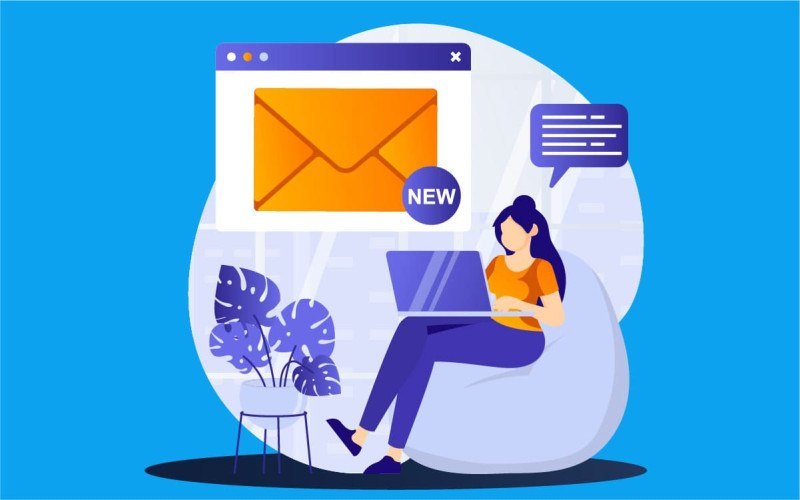
You’ll Look Professional
Taking the time to send a follow-up email shows your commitment and interest in the job, and it lets the interviewer know you value their time and effort. Even a quick thank you email cements the idea that you are serious about wanting to be a part of the organization.
Affirms Your Enthusiasm
A thank you email for following up after a job interview gives you another chance to talk about why you’re interested in the position and why you think you’ll be a good fit. It proves to your potential employer that you’re really excited about accepting the job.
Shows Your Appreciation
While it’s true that you took time out of your day to attend an interview, so did the person interviewing you. Interviewers generally have busy schedules, so sending a follow-up interview email allows you to express your gratitude for their time and the opportunity to interview with them.
Helps You Stand Out
Because lots of people think that thank you notes are old-fashioned, they don’t send them after an interview. This means that if you take the time for this extra step, you’ll easily differentiate yourself from other candidates who didn’t put forth the effort.
Gives You A Second Chance
Job interviews can be nerve-wracking, and you may find later that you wish you’d said something more. A follow-up thank you letter provides you with the opportunity to bring up additional points or clarify something you already said, without the pressure of a live interviewer staring you in the face. Consider drafting a polite resignation letter as a backup plan, just in case the interview doesn't go as planned.
Allows for a Follow-Up
Your follow-up email can serve as a soft push for a response from your interviewer. A polite, inquisitive message can nudge the interviewer into updating you on the status of your application or prompt them to ask further questions to learn more about you.
Helps Build a Relationship
Talking about specific things that were mentioned in your interview will help the interviewer build a stronger memory of you. This can be advantageous when the interviewer has to pour over several applications.
In the event that you don’t land the job, a follow-up email offering thanks for the opportunity will leave the interviewer with a good impression of this. This helps with networking as the interviewer may think of you the next time a similar role comes up.
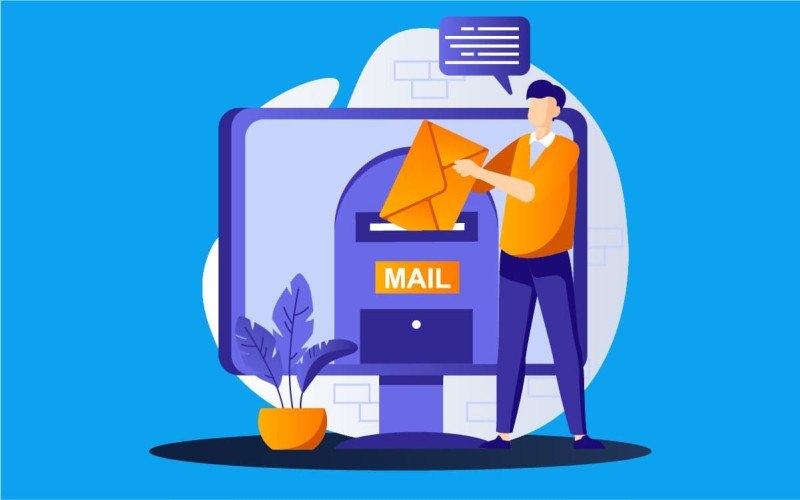
Tips for Writing the Perfect Follow-Up Email
Before jumping into our follow-up email templates, let’s review some good practices for how to write a following up email that makes a lasting impression.
Don't forget to include a postscript in your email, perhaps mentioning a small detail from the interview to personalize the message further
Time It Right
Aim to send your follow-up to an interview email within 48 hours of the interview. This shows that you’re proactive and genuinely interested in the role. Waiting too long can make the message seem like an afterthought, which may reduce its impact. If you were interviewed by several people, try to send individual emails to each person for maximum impact.
Be Professional but Direct
A thank you email isn’t the place to get long-winded. You should start with a professional greeting, and then express your gratitude for the opportunity to interview. Keep your email brief, but make sure every word counts. Maintain your enthusiasm for the job, and briefly mention one or two key points that were discussed during the interview to show that you were engaged.
Before hitting send, be sure to thoroughly review your email for typos or other errors; remember, every interaction you have with the interviewer is a reflection of your skills and capabilities.
Ask for Something in Return
While the primary purpose of your email is to thank the interviewer, it’s also a chance to reiterate your interest in the job and ask about next steps in the hiring process.
Including a subtle call to action, such as “I’m very excited about the opportunity to join the team and hope to hear back from you soon” or “Can you share with me next steps in this process?”, may prompt the interviewer to at least send an acknowledgement or share tips on what to expect moving forward.
Follow Up Email Templates
Templates are a wonderful tool for starting a conversation. In most cases, you’ll want to simply use the template as a base, adding on more details to match your particular circumstances. Keep reading to learn how to write a follow-up email for a variety of situations.
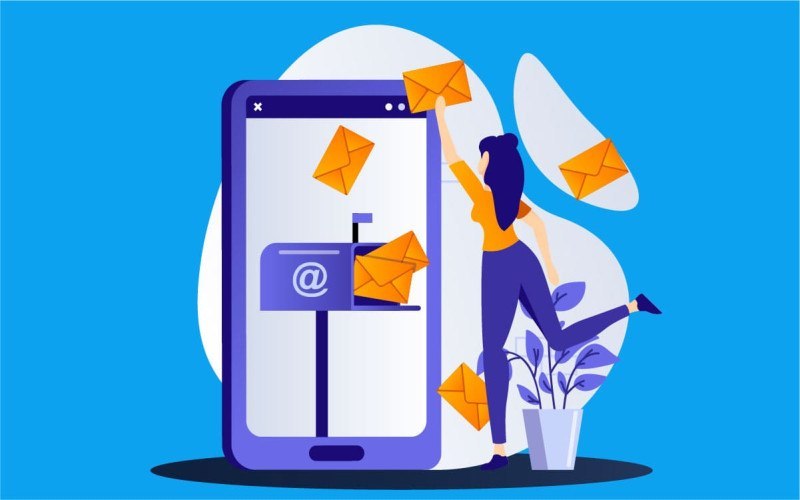
This basic thank you email template works for a variety of situations. It hits all the points you want while remaining brief and polite.
Dear [Interviewer's Name],
I hope you’re having a good day. I wanted to take a few minutes to sincerely express my thanks for the chance to interview [Yesterday/Last Week] for the [Job Title] role at [Company Name]. It was a pleasure speaking with you and learning more about the team and the work you're doing in [Industry].
I’m excited about the prospect of contributing to [Company Name] and look forward to potentially working together.
Could you please inform me about the next steps in the interview process?
Thank you again for your time and consideration.
Best regards,
[Your Name]
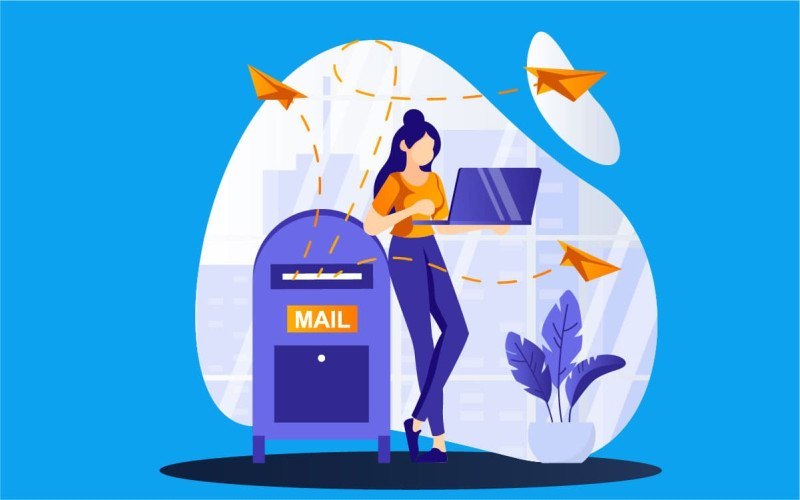
To really stand out from the crowd, consider bringing up a specific topic that you discussed at the interview. This will remind the interviewer of your interaction and show that you’re engaged.
Dear [Interviewer's Name],
Thank you for the insightful conversation yesterday regarding the [Job Title] role at [Company Name]. I was particularly excited about [Specific Conversation Point].
I believe my skills in [Skills] would make a positive impact on the team, and I'm excited about the possibility of contributing.
Could you share what the timeline looks like for making a decision?
Best wishes,
[Your Name]
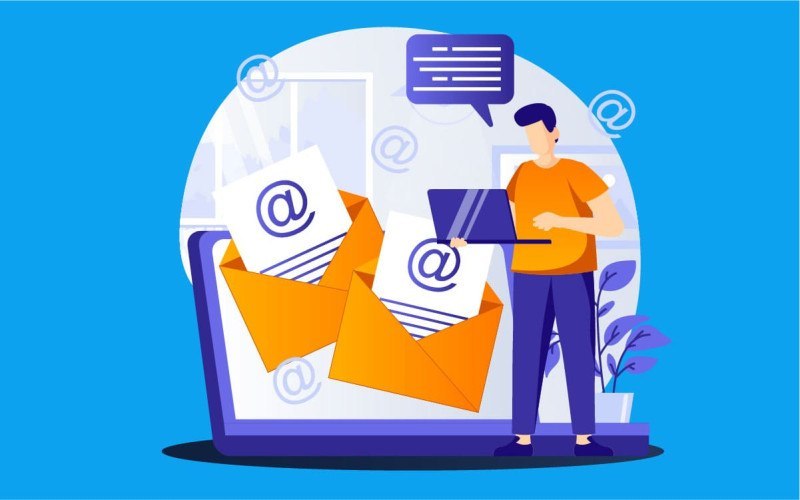
When you’ve been interviewed by several people in one sitting, you should aim to send a thank you email to everyone present. The template below references the group setting, but be sure to adjust the wording for each email you send. Simply copying and pasting may seem disingenuous and lazy.
Dear [Interviewer’s Name],
It was a pleasure meeting all of you during the interview for the [Job Title] role. I appreciate the comprehensive view you provided about the position and your team's endeavors in [Industry].
I’m excited about the prospect of bringing my experience in [Your Skills] to contribute to such a dynamic team.
I look forward to hearing from you about the next steps.
Kind regards,
[Your Name]
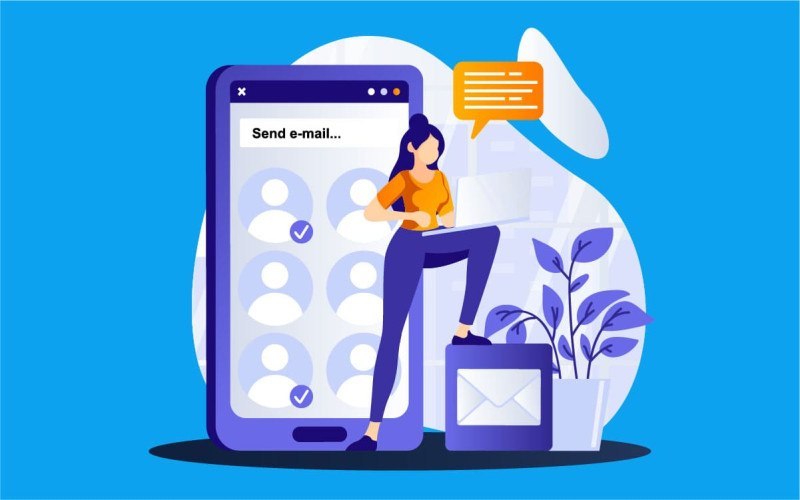
If you’re worried that your interview didn’t go well or that you didn’t show enough enthusiasm, sending a thank you email can reassure the interviewer of your interest.
Dear [Interviewer’s Name],
Thank you for the opportunity to discuss the [Job Title] position at [Company Name]. I'm even more enthusiastic about this role after our conversation and am excited about the chance to contribute to [Specific Project].
I would love to know what the next steps are in the hiring process when you have a moment.
Thank you again for your time and consideration.
Sincerely,
[Your Name]
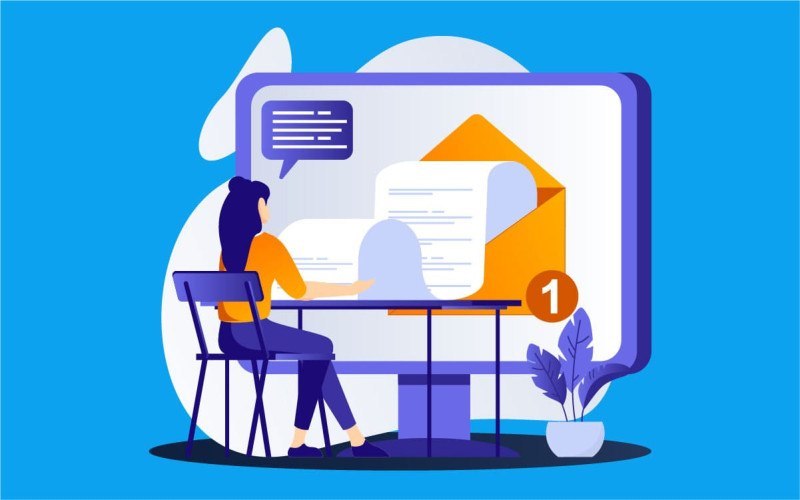
No matter how many times you interview for the same role, you should still take the time to send a thank you email after your meeting. Remember, you want to express your gratitude for the continued consideration and you want your name to stay fresh in the mind of the interviewer.
Dear [Interviewer's Name],
I greatly appreciate being invited back for another round of interviews for the [Job Title] role. Our discussion further confirmed my interest in becoming part of [Company Name] and contributing to [Specific Project].
Could you please advise on when you expect to make a decision?
Thank you once again for this opportunity.
Best regards,
[Your Name]
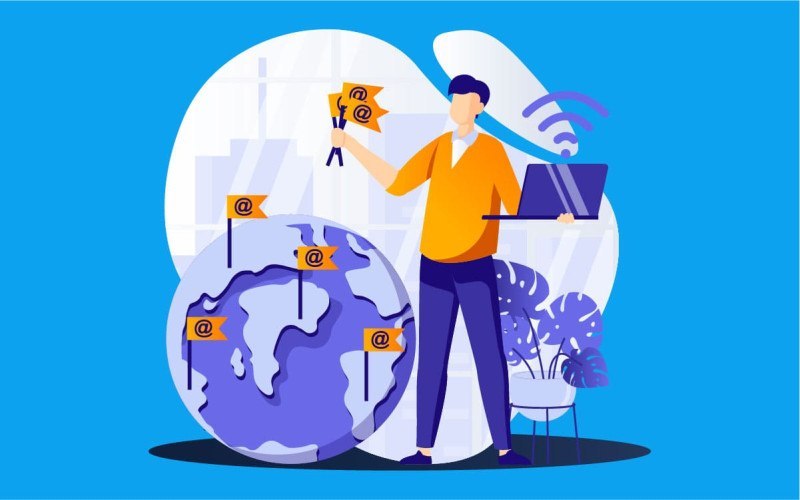
In today’s modern world, many companies may elect to hold remote interviews before or in lieu of in-person ones. These interviews are no different just because they’re held virtually, so you should maintain the same decorum during and after, including sending a follow-up thank you email.
Dear [Interviewer's Name],
I wanted to thank you for the virtual interview experience for the [Job Title] role at [Company Name]. I'm pleased we could connect remotely and discuss how my background in [Skills] could benefit your team.
The conversation reinforced my excitement about the possibility of contributing to [Specific Project], and I’m looking forward to the opportunity to work with a forward-thinking company like yours.
Could you please inform me about the next steps in the interview process?
Best regards,
[Your Name]
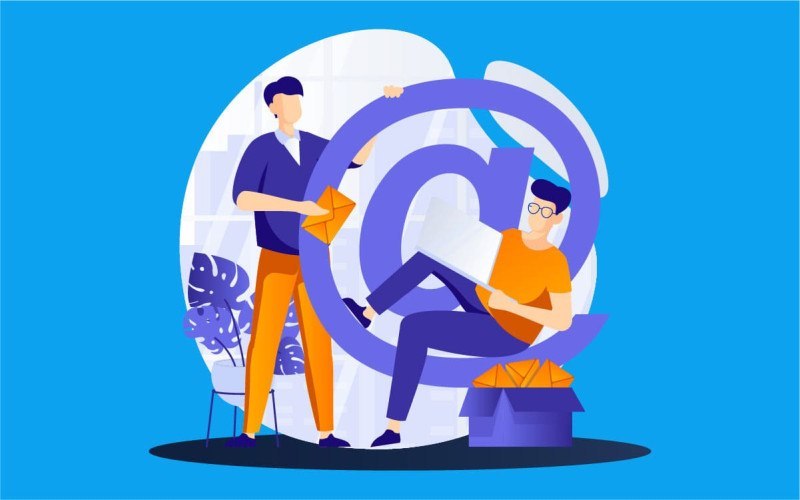
This template doesn’t follow the tip of remaining professional, but remember that you should always tailor your messaging to match your own unique situation. Depending on the role you’re interviewing for or even the company’s overall culture, it may make sense to take a much more casual approach when following up.
Hey [Interviewer's Name],
Just wanted to drop you a quick note to say thanks for our chat about the [Job Title] role. It sounds like a super exciting opportunity, especially the work you're doing in [Specific Project].
I'm genuinely stoked about the chance to bring my skills in [Skills] to your team. Any idea on when you'll be making a decision?
Cheers,
[Your Name]
Templates can be helpful tools when composing a follow-up email after a job interview, but if you find that they’re falling short for you, using an AI email writing tool like AImReply is a better choice.
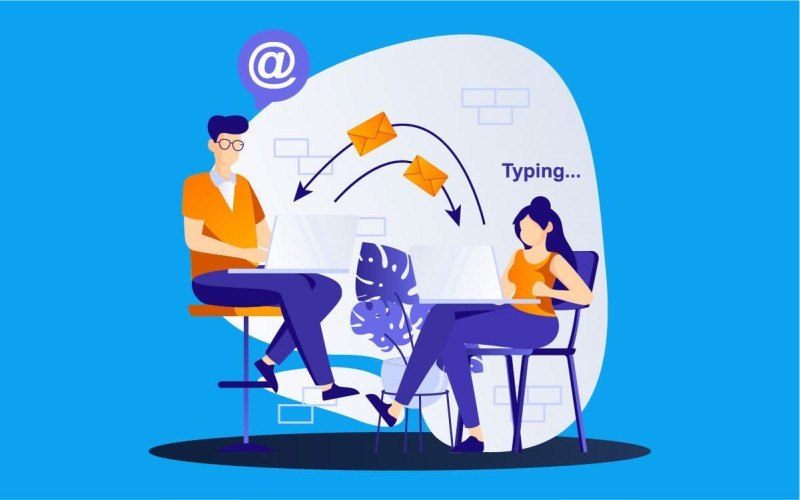
Like a virtual assistant, except powered by artificial intelligence, AImReply quickly and easily composes all kinds of email for professional use. It makes fast work of your emails and relates your message perfectly to ensure effective communication.
If you’ve noticed that templates aren’t quite working for you because it’s too hard to convey what you need to say, see the difference AI can do for you.
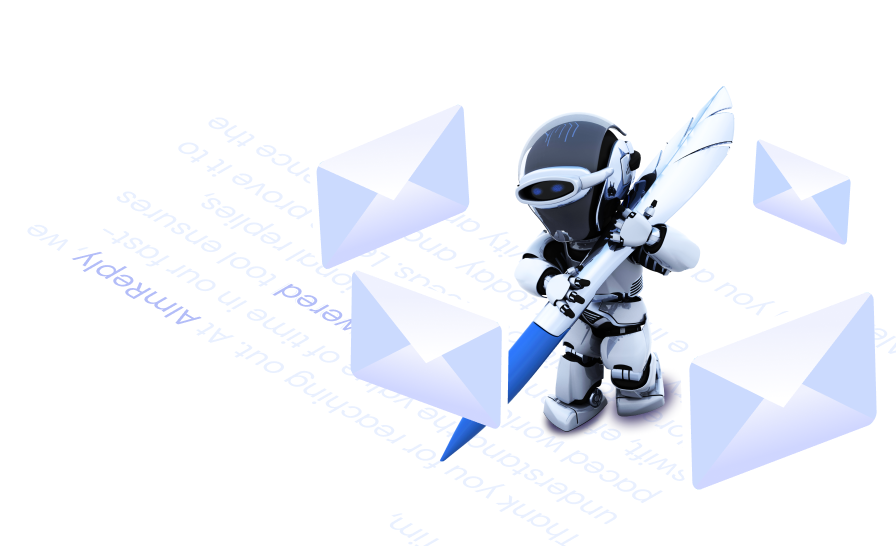
March 15, 2024
- 9 min
- 91
In the world of business, you have to be able to sell yourself. This is where it can be helpful to know how to write an introductory email for business purposes. As with any form of professional communication via email, there’s always a bit of tact when it comes to the writing.
March 25, 2024
- 10 min
- 146
Having to call in a sick day can be nerve-wracking as we want to convey the situation as clearly as possible. To avoid causing any hassle for colleagues when you’re sick, you’ll want to know how to write a sick day email for work.
March 18, 2024
- 8 min
- 139
If you want to get paid on time, you’ll want to learn how to write an invoice email for any professional situation. Although you’re owed payment for your work, being courteous and professional in your writing is important.






